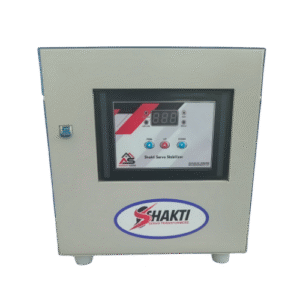Unlocking Trust and Growth: The Power of Kosher Certificate

Kosher Certificate
In today’s conscious and competitive marketplace, certifications speak louder than ever. One such badge of trust, especially in the food and beverage industry, is the Kosher certificate. While it originates from Jewish dietary laws, it has now become a global symbol of food safety, integrity, and high production standards.
What is a Kosher Certificate?
A Kosher certificate is an official document issued by a rabbinical agency confirming that a product complies with kashrut—Jewish dietary law. This includes guidelines about which foods can be consumed, how they should be processed, and how they must be prepared.
To be considered Kosher:
-
The food must contain permitted ingredients only.
-
Meat and dairy must be strictly separated.
-
Equipment used must follow specific cleaning and handling protocols.
Once approved, the product receives a certification mark—such as OU, Star-K, or OK—that assures consumers of its compliance with these strict standards.
Why is Kosher Certification Important?
1. Builds Consumer Confidence
A Kosher symbol on packaging tells customers that the product has passed detailed inspections. Even non-Jewish consumers often view Kosher products as cleaner, safer, and more reliable.
2. Expands Market Reach
Kosher certificate allows businesses to sell to Jewish communities, but also to health-conscious, vegetarian, and allergen-sensitive buyers. It also opens access to institutions like hospitals, airlines, and international retailers that demand Kosher-certified goods.
3. Ensures Operational Transparency
The certification process requires companies to maintain high standards of cleanliness, documentation, and consistency—leading to better overall product quality.
4. Competitive Advantage
In a saturated market, brands need ways to stand out. A Kosher certificate can be a differentiator that sets your product apart on the shelf and in global tenders.
The Certification Process
Here’s how companies typically get certified:
-
Initial Application: Submit product info, ingredient lists, and facility details to a Kosher certifying agency.
-
Rabbinical Review: Experts assess whether all components and processes meet Kosher standards.
-
Site Inspection: A Rabbi or inspector visits your production site to ensure compliance.
-
Approval & Monitoring: Once approved, your product can carry the Kosher symbol. Ongoing checks ensure continued adherence.
Final Thoughts
Whether you’re aiming to build customer trust, grow your brand internationally, or improve your internal quality standards, a Kosher certificate offers significant value. It reflects your commitment to ethical, clean, and reliable production—values that resonate across all consumer groups.
In short, Kosher certificate isn’t just a dietary preference; it’s a quality standard. And having that certificate on your product may be the key to unlocking new markets and loyal customers.



